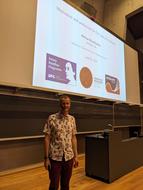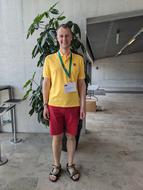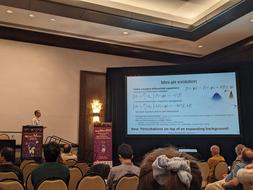First year of my Emmy Noether group
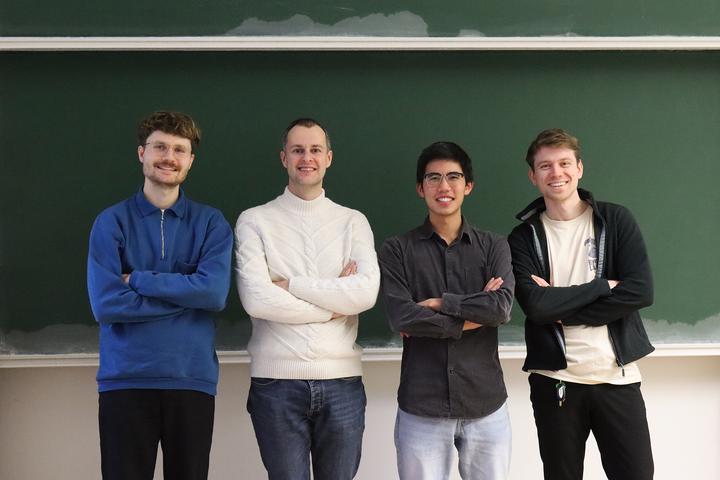 My Emmy Noether Group photo 2024 (Jannis, Aleksas, Fabian, Adam)
My Emmy Noether Group photo 2024 (Jannis, Aleksas, Fabian, Adam)
As of October 2023, I have completed my first year (out of a maximum of six) as an Emmy Noether Research Group Leader at the Institute for Theoretical Physics. Overall, it was a great and enjoyable year working with my group and other colleagues at Heidelberg University.
Emmy group
In spring, Jannis joined my group as a master student. In August Adam started his first postdoctoral position at the University of Heidelberg. With Fabian as a PhD student, now I only need a bachelor student to have the full academic ladder. The transition from spending most of the time working on research to mostly managing others doing research was surprisingly swift. However, I truly enjoy mentoring and teaching, so I like this new way of doing research. It is a great feeling to develop new research ideas in discussions with my group members.
2023 has been a busy year all round. Fabian produced exciting results on mini-jet quenching, which he has already presented at multiple conferences: Hard Probes in Aschaffenburg, Initial Stages in Copenhagen and Zimanyi School in Budapest. We are currently writing these results up as his first paper. Jannis has been progressing on baseline calculations of semi-inclusive observables for oxygen-oxygen collisions. He attended the MCnet Summer School in Durham and quickly became an expert on running MadGraph (next-to-leading-order Monte-Carlo event generator). Adam came to Heidelberg only recently, but we already started working on a joint project. Independently, he has just finished a great collaborative project on isolating perturbative QCD splittings in heavy-ion collisions, which he recently presented at the Quark Matter conference in Houston and a jet workshop at INT Seattle.
During my first year in Heidelberg, I had a hectic travel schedule with at least one travel per month (see, for example, my post about Emmy Noether meeting in Potsdam). Therefore, I promised myself not to travel in the last couple of months before Christmas. I wanted to spend more time with my group and settle into a routine in Heidelberg.
Berges group
As a newly established group, I am happy to benefit from close integration with prof. Jürgen Berges group. We share the office space for students, run group seminars and have group lunches. The bigger group makes it easier to have a lively group atmosphere.
We also collaborate closely on various projects. One example is my recent paper with Michal Heller (Gent University) and Thimo Preis (Jürgen’s PhD student) on prescaling relaxation to nonthermal attractors. Jürgen and I introduced this phenomenon during my postdoc time in Heidelberg. Recently, it has been experimentally confirmed by the cold-atom group in Cambridge. This is arguably the first time my theoretical work has been confirmed experimentally!
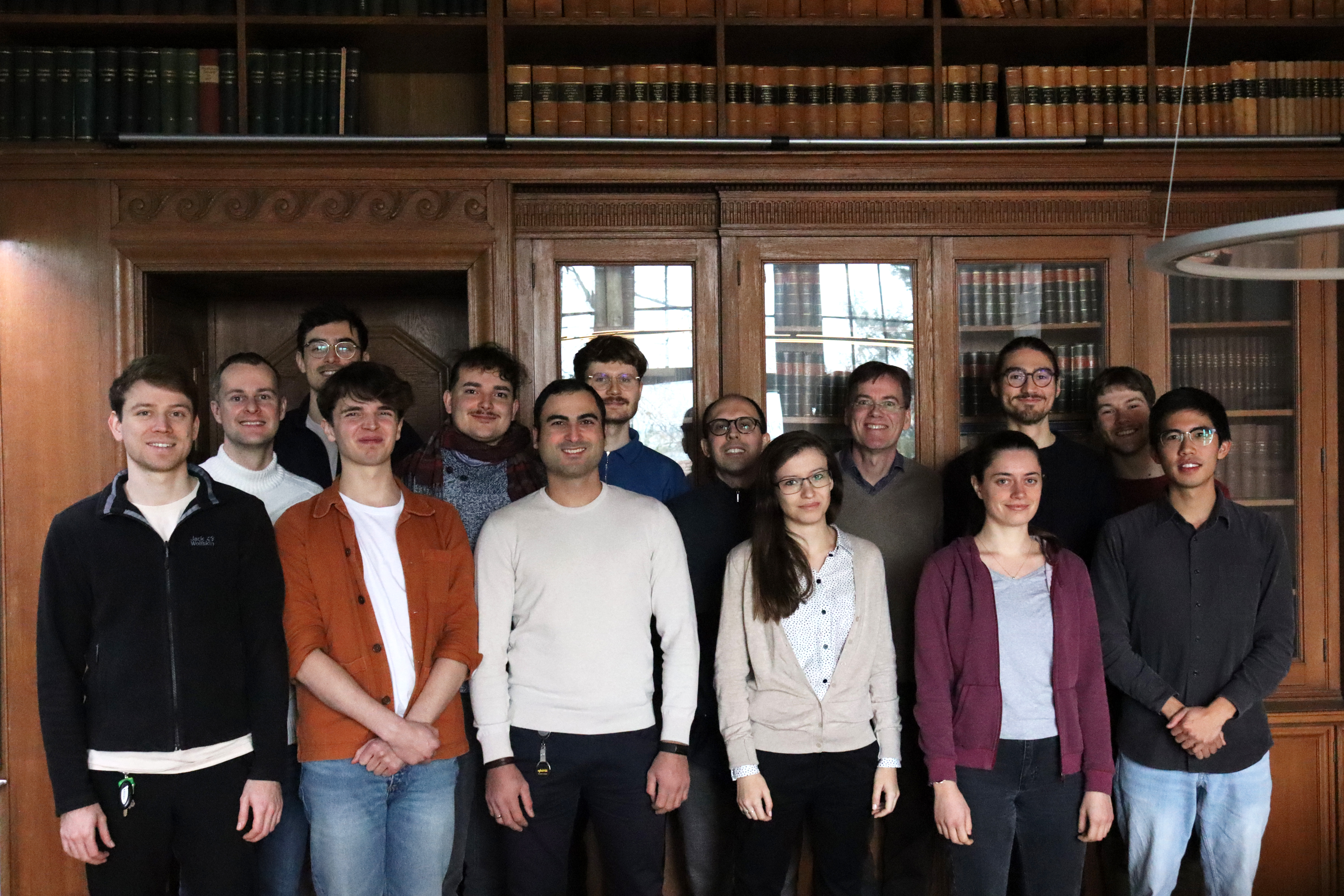
ISOQUANT
Although I travelled less, October-November was a crunch time for the renewal proposal of our Collaborative Research Center ISOQUANT. If the third (and final) ISOQUANT 4-year extension is granted, I will be a project leader on two exciting research projects. CRC is a perfect place to start interdisciplinary collaborations, and I am very excited about a joint project between cold-atom and heavy-ion researchers. In addition, I have joined the equal opportunities team and have been supporting various Diversity, Equity and Inclusion activities at CRC.
In summary, 2023 was an excellent year for me and I look forward to 2024.
